Mozambique: Parliament's operational budget more than doubles to €80.3M this year
Mozambique: Government approves VAT exemption for sugar, edible oils, soaps
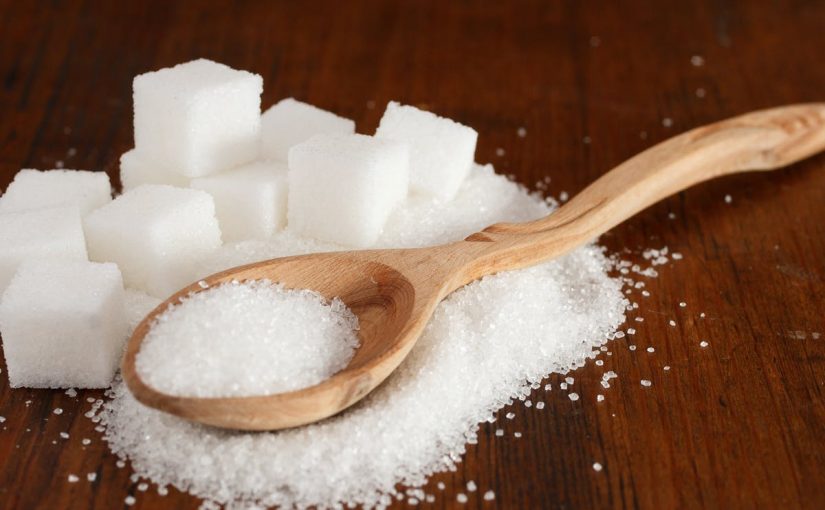
File photo: Shumba.africa
Mozambique’s government on Tuesday approved a value-added tax exemption until the end of the year on sugar, edible oils and soaps, as well as raw materials and machinery in these sectors, in a move aimed at easing the cost of living, according to the country’s head of state.
“As we have always said, it is our primary duty to serve our people, improve their living conditions and, together, work to boost our economy,” said President Daniel Chapo, in a message published on his official account on the social network X, following the sixth session of the cabinet, which took place on Tuesday in Pemba, in Cabo Delgado province, in northern Mozambique.
At this meeting, as part of the measures he described to “reduce the cost of living” draft legislation was approved that “aims to extend, until 31 December 2025, the period of exemption” from VAT on transfers of sugar, cooking oils and soaps, raw materials, intermediate products, parts, equipment and components, made by the national sugar and soap industry.
“We have to remember that in 2010 this facility was suspended for these products and, naturally, these products didn’t have this assistance and now we’re going back,” said the spokesman for the cabinet, Inocêncio Impissa, at the end of the meeting.
This decision, according to the government, involves “relieving not only the factors of production, but will also allow entrepreneurs, factories and other production units of these products to introduce or reintroduce this product with some ease for the benefit of the populations.
“Naturally, what is expected is that if VAT is implemented on these products, prices will at least be maintained and there will be no speculation, so that people will naturally be able to meet their needs in relation to these products that have been reintroduced to the list of products exempt from this tax,” concluded Impissa.
The proposed law aims to extend until 25 December 2025 the period of VAT exemption on the transfer of sugar, edible oils and soaps, raw materials, intermediate products, parts, equipment and components made by the national sugar industry, goods resulting from the industrial activity of producing edible oil and soaps carried out by the respective factories and goods to be used as raw materials in the oil and soap industry.
Mozambique’s main business association said on 18 February that the president’s intention to go ahead with measures to reduce the cost of living was “wise and timely” and would contribute to “social peace” in the country.
“The announcement of the government’s intention comes at a good time,” said Evaristo Madime, vice-president of the Confederation of Economic Associations (CTA) of Mozambique for Industry, at a news conference in Maputo.
“Last November, when we presented our preliminary assessment of the impacts of the post-election demonstrations… our assessment estimated that the cost of the basic food basket had risen by around eleven percent and we believe that by December the rise will have been more pronounced,” he said at the time.
A little over a week ago, Mozambique’s president had already said that the government might remove VAT on basic necessities and intervening to reduce fuel prices in order to ease the cost of living.
“We are working to find various solutions and one of them is to take the products in the basic basket of the Mozambican people and work to see if it is possible to remove VAT, which is what makes the products in the basic basket more expensive,” he said.
At issue is the impact of successive demonstrations and stoppages in the country in the wake of last October’s general elections, both contesting the official results and protesting about the high cost of living and the lack of jobs.


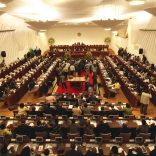

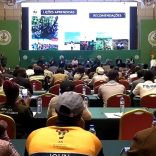
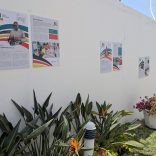

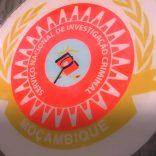





Leave a Reply
Be the First to Comment!
You must be logged in to post a comment.
You must be logged in to post a comment.